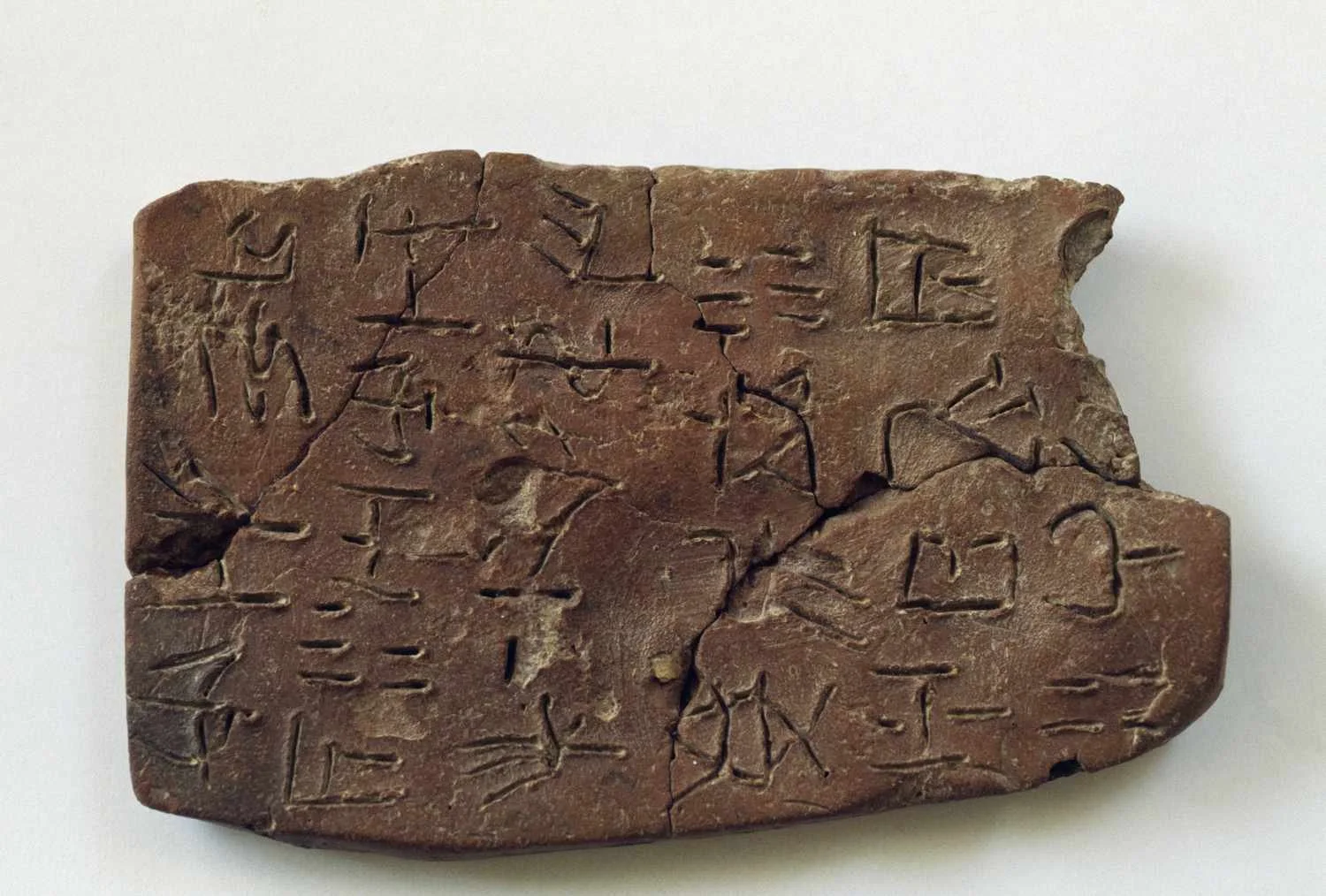Exploring Minoan Names: Unveiling the Ancient World of Crete
Cretulae with Linear A script from Archanes, Crete, Greece. Minoan civilisation, 15th century BC. Archaeological Museum of Rethymno.
The Minoan civilization, flourishing on the island of Crete during the Bronze Age, has left behind a captivating legacy that continues to intrigue archaeologists and historians alike. Among the remnants of this enigmatic society are the names of its people, providing us with glimpses into their culture, beliefs, and identities. Let's delve into a selection of Minoan names, unraveling their meanings and the stories they may tell.
1. Minos
The name "Minos" is perhaps the most renowned of all Minoan names. It is associated with a legendary figure, possibly a king or ruler, who features prominently in Minoan mythology and later Greek literature. The etymology of the name is uncertain, but it likely held significant importance within Minoan society.
2. Ariadne
A name resonating with both beauty and complexity, "Ariadne" is renowned for her role in the myth of Theseus and the Minotaur. She was the daughter of King Minos and is often depicted as a figure of compassion and cunning. The name itself might stem from the Greek elements "ari" meaning "most" and "adnos" meaning "holy."
3. Pasiphae
Pasiphae, wife of King Minos and mother of the Minotaur, embodies both maternal love and tragic fate. The name Pasiphae is of Greek origin, potentially meaning "all-shining" or "radiant."
4. Knossos
Knossos, the grand capital of Minoan Crete, bears a name synonymous with power and sophistication. The etymology of "Knossos" remains debated, but its significance as the center of Minoan civilization cannot be understated.
5. Phaistos
Another significant Minoan site, Phaistos, is shrouded in mystery and wonder. The name "Phaistos" is thought to derive from the Greek word "phaistos," meaning "shining" or "radiant," reflecting the splendor of this ancient city.
6. Rhea
In Greek mythology, Rhea was a Titaness and the mother of the gods, including Zeus. The name "Rhea" may stem from the Greek word "rheo," meaning "to flow," symbolizing the generative and nurturing aspects of the earth.
7. Daidalos (Daedalus)
Daidalos, the master craftsman and architect of Greek myth, is associated with ingenious inventions and daring escapades. The name "Daidalos" might be derived from the Greek word "daidale," meaning "skillfully wrought," reflecting his exceptional craftsmanship.
8. Eteokles
"Eteokles" is a name of ancient Greek origin, borne by figures in both Minoan and later Greek mythology. Its meaning and significance are intertwined with the myths and legends of the ancient world.
9. Idaia
The name "Idaia" is evocative of the sacred mountain Mount Ida, a significant landmark in Minoan and later Greek mythology. Its meaning likely pertains to the mountain's divine associations and significance within religious practices.
10. Eupalinos
Eupalinos, though less familiar than some other names, holds its own significance within the context of Minoan culture. The name's etymology and meaning offer tantalizing clues about the individual who bore it and their place in Minoan society.
11. Minyas
Minyas is a name with ancient roots, resonating with the myths and legends of the Mediterranean world. Its significance within Minoan culture remains a subject of scholarly inquiry and speculation.
12. Eteokritos
The name "Eteokritos" is steeped in antiquity, hinting at tales of heroism and adventure from the distant past. Its etymology and cultural significance shed light on the complexities of Minoan identity and mythology.
13. Aigle
"Aigle," with its roots in Greek mythology, conveys notions of beauty, grace, and splendor. Within the context of Minoan society, the name may have held similar connotations, reflecting ideals of aesthetic perfection and divine favor.
14. Atana Potnia
"Atana Potnia" is a name invoking ancient deities and divine powers. Its significance within Minoan religious beliefs and practices underscores the centrality of spirituality in Minoan culture.
15. Iasion
The name "Iasion" carries echoes of myth and legend, evoking tales of love, betrayal, and divine retribution. Its presence in the pantheon of Minoan names enriches our understanding of the complexities of Minoan mythology and society.
As we journey through the labyrinth of Minoan history and culture, these names serve as signposts, guiding us through the mysteries of a civilization lost to time. Each name is a thread in the rich tapestry of Minoan society, weaving together stories of myth, ritual, and human experience. Through their exploration, we gain deeper insights into the vibrant and enigmatic world of ancient Crete.









